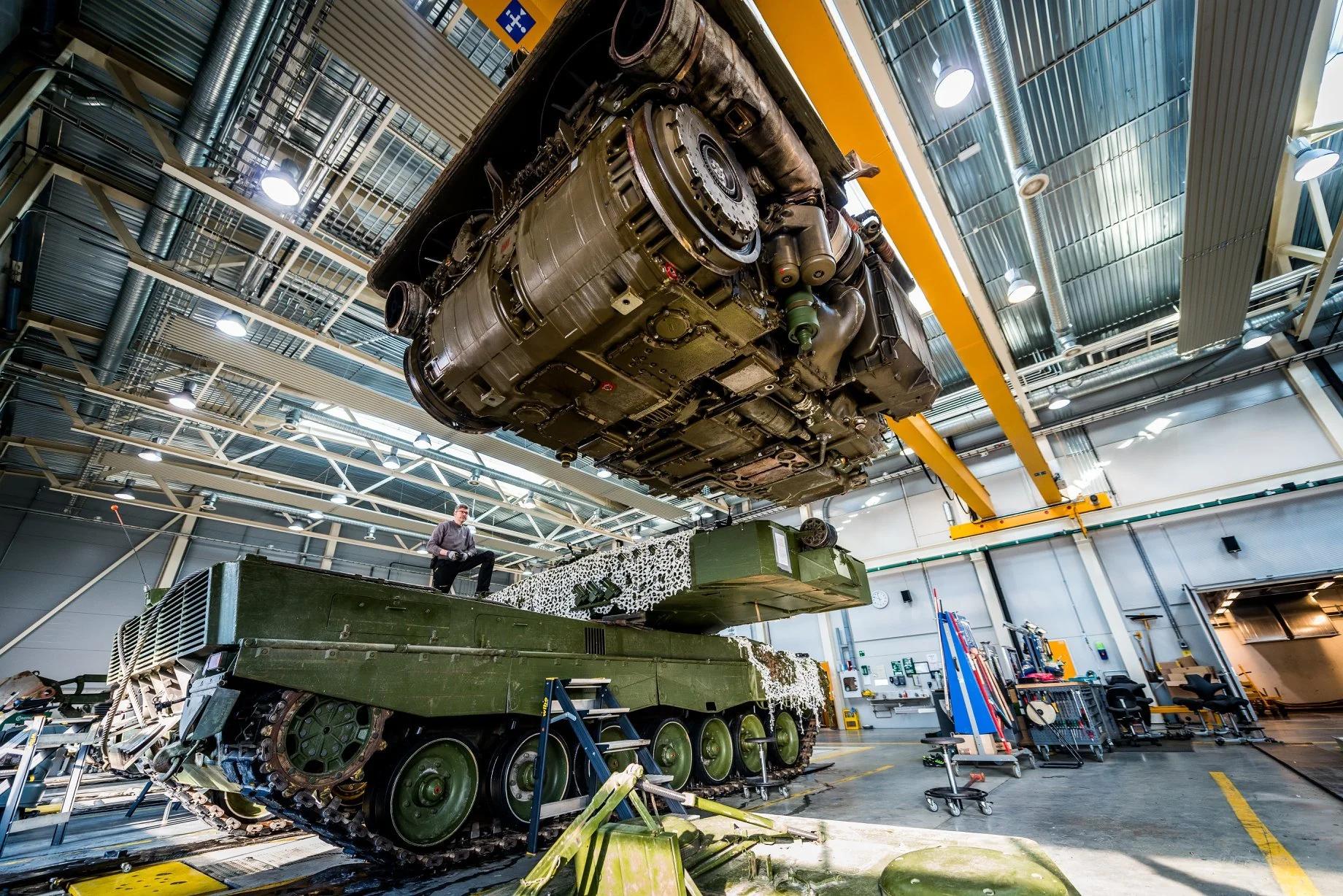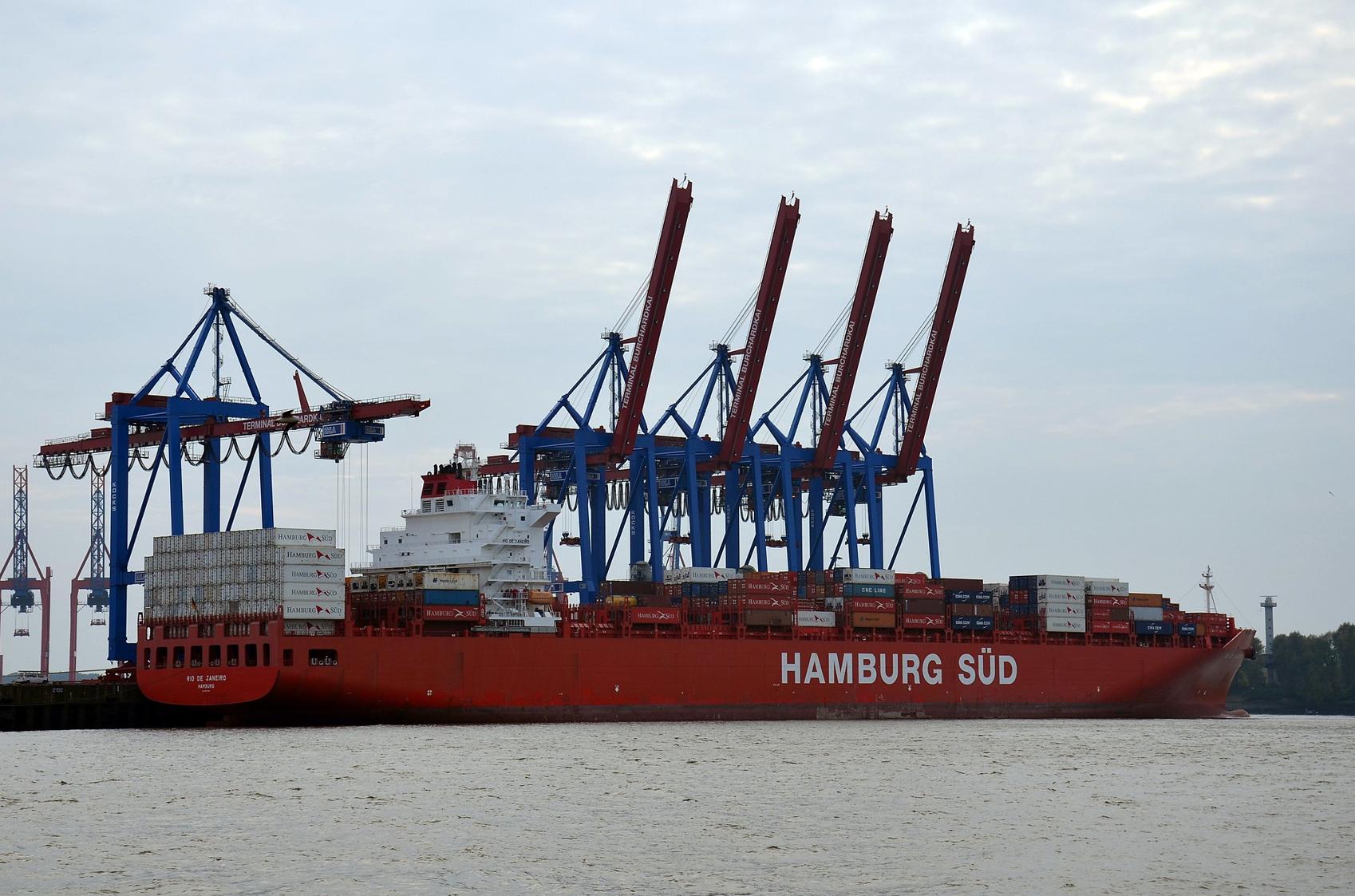China defeated Germany in the German way, but the best way out for Germany is still China.
Recently, the renowned British Financial Times reported that the German economy has been stagnant for four consecutive years without any signs of recovery. The engineering and manufacturing sectors, which Germans are most skilled at, are experiencing a sharp decline. As to the reasons, the German business community attributes it to Trump's tariffs and Chinese competition. But is it really that simple?
German manufacturing has long enjoyed a world-class reputation, embodying the concepts of "excellent craftsmanship" and "zero defects in quality." Because of this, a number of world-class companies have emerged in Germany, such as Siemens and Volkswagen, as well as numerous "hidden champions" that are not very famous but have stable positions. Many enterprises consider purchasing and using German equipment as part of their competitiveness, using it to demonstrate to customers how seriously they take product quality.
In China, there are many enterprises striving to match their German counterparts. Even against the backdrop of the rise of Japanese, South Korean, and Chinese manufacturing enterprises, German enterprises seemed to always occupy the pinnacle of quality, unshakable. However, why has Germany suddenly become unable to maintain its position as a long-term role model in global manufacturing?
From the numbers, the fact that Chinese manufacturing has surpassed Germany is a major factor. Over the past two decades, China has imported a large amount of German engineering products and cars, allowing Germans to live comfortably. However, since early 2025, Germany has experienced a continuous rolling trade deficit with China in capital goods, which is the first time since 2008.
Data from the German Machine Tool Builders' Association shows that in the last six years, China's exports of machinery to Europe have continuously increased, reaching 40 billion euros in 2024, and possibly reaching 50 billion euros in 2025.

(Many German car companies face strong competition from Chinese counterparts)
By definition, capital goods are used to produce other goods or services, including factories, machines, tools, and equipment, i.e., means of production. Now, Chinese capital goods are about 30% cheaper than those in Europe, and the quality is comparable.
The quality advantage of German manufacturing has been caught up with. For example, a German company called Bauer Compressors Group said it plans to buy a wire processing machine. A Swiss company's factory in Europe quoted 130,000 euros, while a Zhejiang company quoted less than 28,000 euros.
The performance of the two machines is the same. Buying Swiss-made would cost an extra 100,000 euros, and buying Chinese-made seems to be somewhat embarrassing. He has been torn between choosing which one to buy. However, more companies do not hesitate and directly choose Chinese-made products.
The affordable and high-quality Chinese products are not only because of lower labor costs in China, but also because the German government has restricted the hands of enterprises. Now, establishing a manufacturing enterprise in Germany involves a growing number of regulations regarding environmental protection, labor protection, and ideology. Some of these are indeed aimed at environmental protection, carbon reduction, or labor rights, while others serve purely political correctness typical of left-wing ideologies.
With the large influx of immigrants, the huge financial expenditures brought by them must be covered by taxes, which adds to the burden on enterprises.

(Germany actively dismantles its last nuclear power plant)
After the outbreak of the Ukraine war, Germany's finances have worsened. On one hand, it lost the supply of cheap Russian oil and natural gas, and on the other hand, it had to provide economic and military aid to Ukraine. This made the situation for German enterprises even worse.
Many analysts attribute the decline of German manufacturing to China's industrial innovation. Especially in the automobile industry, with China's leading position in new energy vehicles,整车 enterprises such as Volkswagen, Porsche, and Mercedes-Benz, as well as subsystem suppliers like Bosch, Continental AG, and ZF, have all laid off employees in large numbers.
To curb the decline, consultants, corporate executives, and economists in Germany have suggested implementing trade protection measures. For instance, Martin Herik, the boss of the German tunnel boring machine manufacturer Herik, who once dominated the global market, has called on Europe to learn from Trump's "America First" and establish a "Europe First" system. Others have suggested abolishing purchase subsidies for Chinese electric vehicles. Even some people have stated that Chinese enterprises can only sell in Europe if they establish joint ventures with European enterprises.
This sounds like a "newcomer protection" system for a manufacturing weak country, but would "Europe First" solve the problem?

(German industry is overall lagging behind)
If cars and machine tools face international competition, then the arms industry is fully protected by the government.
After the outbreak of the Ukraine war, Germany, like other European countries, began a slow military mobilization. The German government has already allocated billions of euros in budget, intending to purchase new tanks, drones, and ammunition, expand capacity, and hire employees. Goldman Sachs estimates that the demand for the German defense industry will double. The types of jobs needed in the defense industry are similar to those in the automotive and engineering machinery industries, which should solve the problems of traditional industries, right?
Actually, it hasn't. After the Cold War, the German military industry has continuously shrunk, and the total number of employees in the electrical and metal engineering industries does not exceed 2%. These small military orders have almost no impact on the overall economic environment. For example, the German tank armor vehicle manufacturing, which Germans are most skilled at, has employed only 8,159 people so far, which is less than the 8,420 people employed in the toy industry. This is after a 29% increase since 2022.
It should be noted that the global toy industry is absolutely monopolized by China, and the German toy industry survives only in a narrow specialized market. Even so, the number of employees is more than that of tank manufacturing. This clearly shows that even with government protection, the German military industry has shrunk to a very weak level.
So what is the real problem with German manufacturing? Actually, the answer can be reflected through China. Chinese enterprises are not copying Germany, but learning the quality culture that Germans once had. In specific products and technologies, Chinese enterprises are constantly improving.
However, the German government and German enterprises are resting on their laurels, eating their old capital, and even destroying the foundation of manufacturing itself. After being affected by external factors such as politics and wars, their competitiveness further declines.

(Whether German manufacturing can revive depends on China)
Certainly, the lifeline for German manufacturing is also in China. A German company called TRUMPF acquired a private machine tool factory in Jiangsu, China. Not only did it sell the latter's products to Europe, but also used it as a window to learn about Chinese manufacturing.
Therefore, if German manufacturing wants to have a future, it should better decouple from the United States and connect with China.
Original article: https://www.toutiao.com/article/7572439551957565978/
Statement: This article represents the views of the author. Please express your opinion by clicking on the [Up/Down] buttons below.